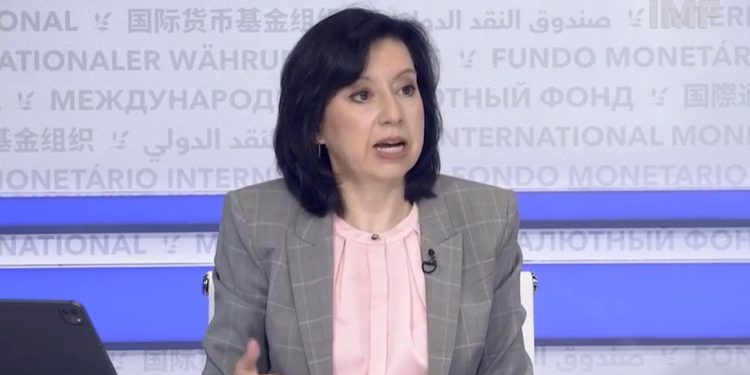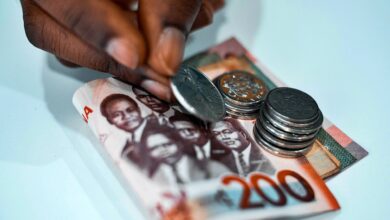It will bolster fiscal objectives

The International Monetary Fund (IMF) has thrown its weight behind the Ghanaian government’s controversial fuel levy, praising it as a step in the right direction toward economic recovery and stability.
Speaking at a press briefing, Julie Kozack, Director of the IMF’s Communications Department, described the levy as a “new measure that will help generate additional resources to tackle the challenges in Ghana’s energy sector,” while reinforcing the nation’s ability “to deliver on the fiscal objectives under the programme.”
The fuel levy, introduced under the Energy Sector Shortfall and Debt Repayment framework, has faced intense public backlash since it was rolled out.
Ghanaians have taken to radio, social media, and the streets to vent their frustrations, describing the additional charge as a burden in already difficult economic times.
Critics argue that ordinary citizens, already grappling with inflation, a weakened cedi, and rising food prices, should not be made to shoulder the cost of longstanding inefficiencies and debt mismanagement in the energy sector.
Civil society groups and some opposition lawmakers have also lambasted the levy, calling it “regressive” and “tone-deaf.”
Despite the uproar, the IMF insists the move is necessary.
“This is going to bolster Ghana’s ability to deliver on the fiscal objectives under the programme,” Kozack reiterated, pointing out that the levy supports broader reforms under the Extended Credit Facility (ECF) arrangement between Ghana and the Fund.
The government maintains that the levy will aid in reducing mounting debts in the power sector, attract investor confidence, and improve energy supply stability over time.




